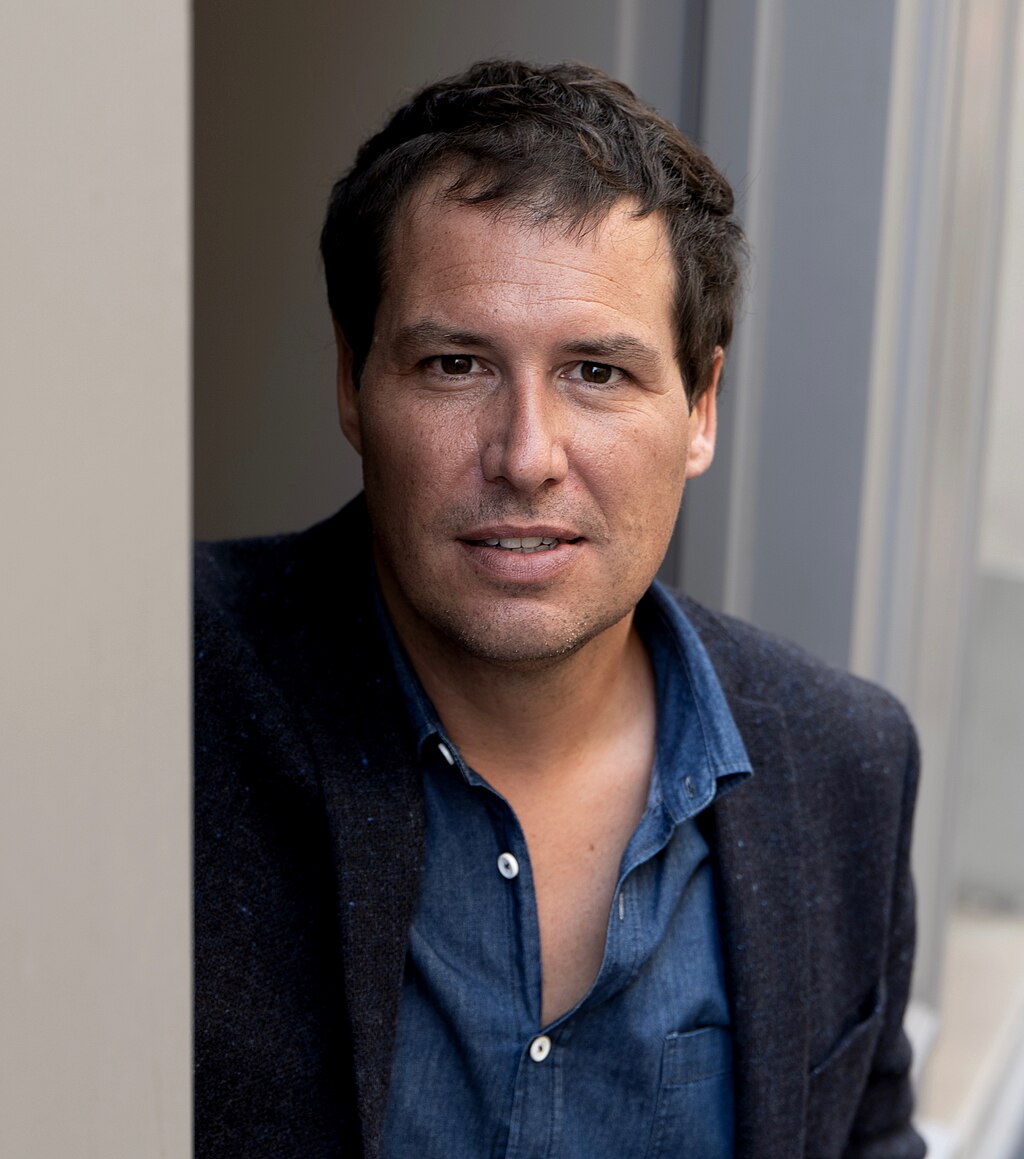With climate change posing a major threat to our planet, law and public policy are increasingly focusing on the ecological transition. However, while decarbonization is essential, we need to examine its feasibility and cost, as well as its environmental and social impact.
The transition to renewable energies entails a process of mineral and metal extraction that has significant environmental repercussions, including deforestation, habitat destruction, water pollution and soil degradation. Renewable energies can also exacerbate environmental injustices and impact on traditional industries, such as coal mining, which will become obsolete.
In his book “La guerre des métaux rares: La face cachée de la transition énergétique et numérique”, journalist Guillaume Pitron, a specialist in the geopolitics of raw materials, confronts us with the challenges posed by the consumption of raw materials and rare metals needed in the technological age. A holistic approach is needed to tackle these issues, taking into account the environmental, economic, social and cultural dimensions of the transition. This means engaging with communities, including marginalized groups, and empowering them to participate. Investment in research and development is needed to find innovative solutions that minimize the environmental and social impacts of transition. Collaboration between different disciplines, such as engineering, economics and social sciences, is essential to ensure feasibility in both the social and technical spheres.
Ecological transition is a necessary step towards a sustainable future, but we need to be aware of the challenges and problems that accompany it. A holistic approach is needed to ensure that change is fair and equitable, and that it benefits everyone. By working together and involving all stakeholders, we can create a sustainable future that benefits everyone.

